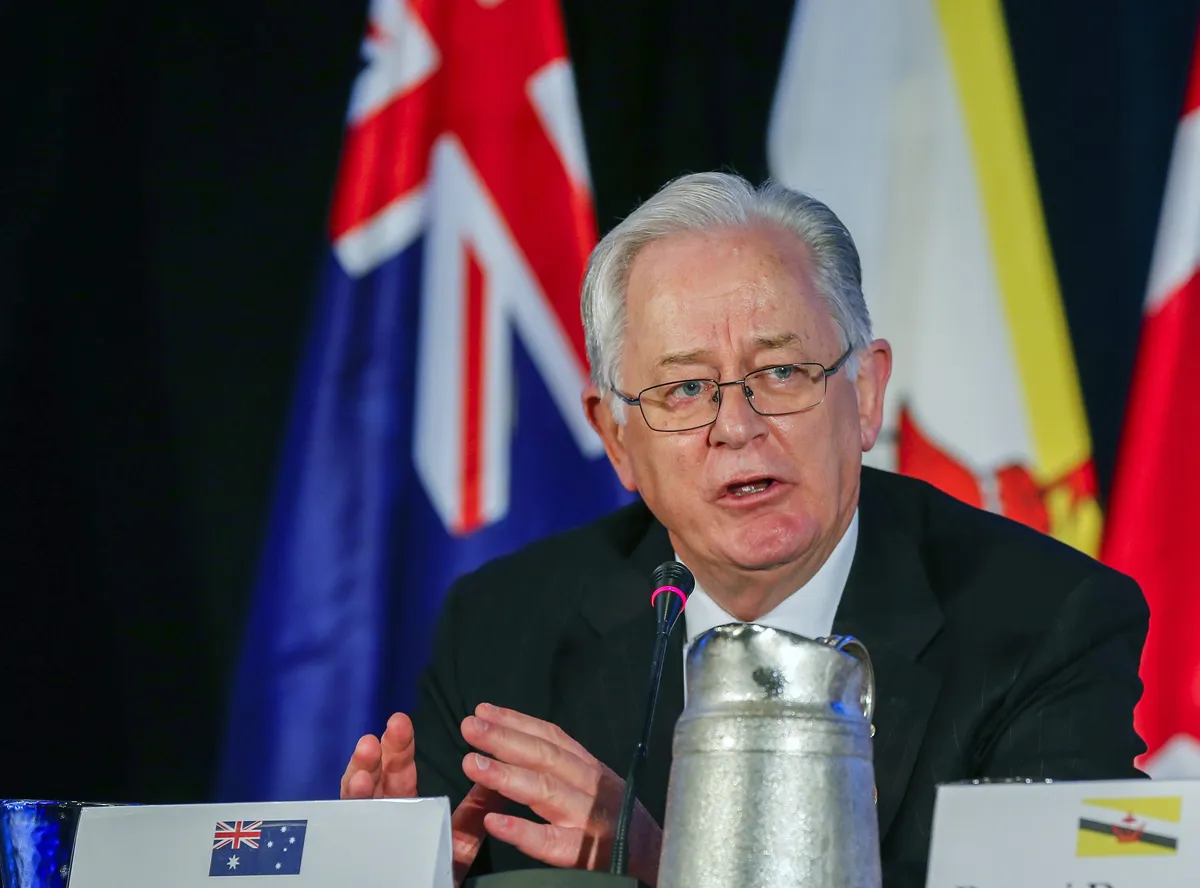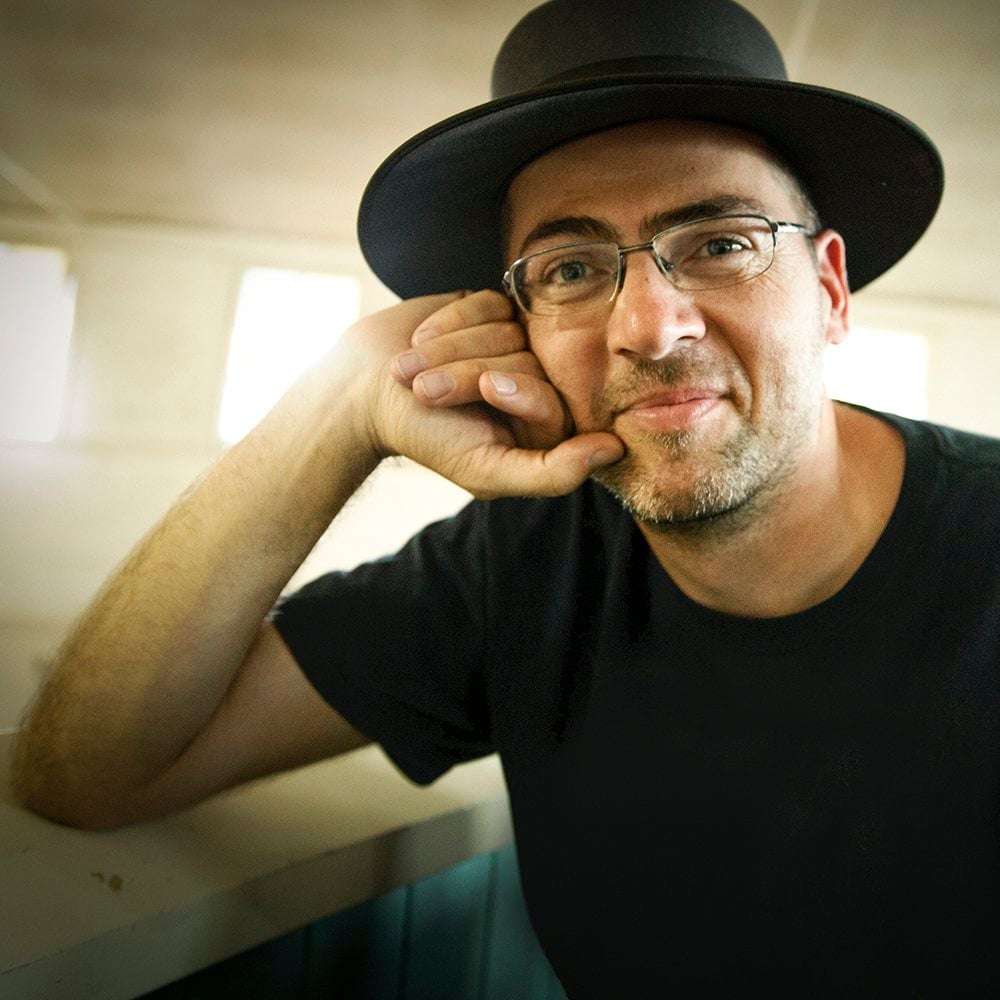
Corruption takes many forms, and has become more refined since the days of brown paper bags. In Australia, we have lobbyists, interests and politicians, with the traditional dividing lines between these three now all but invisible, and numerous examples of people moving from one position to another, and then back again, as they prioritise personal gain over what’s best for the country.
It’s not a problem unique to one political persuasion, or industry. Labor’s Martin Ferguson went from being Resources Minister to being the chairman of APPEA. Mark Arbib left the Senate to lobby for Kerry Packer and Crown, and Mike Kelly went from the Parliamentary Joint Committee on Intelligence and Security to a job with Palantir Technologies, a data-mining corporation with Pentagon and CIA connections.
On the Liberal/National Party side, Ian Macfarlane jumped from heading the federal Industry and Resources portfolio to becoming CEO of the Queensland Resources Council, Sophie Mirabella went to work for Gina Rinehart, and Larry Anthony left the big house in Canberra to lobby just down the hill on behalf of mining, banking and media interests (in his case overlapping this activity with his role as National Party President).
There are far too many other examples to name, but Michael West Media have had a red hot go here.

China and America
Recently, Australia’s political revolving door has taken on an increasingly international flavour.
The most famous example is former trade minister Andrew Robb, who walked straight out of parliament and into an $880,000 a year part-time job working for a billionaire named Ye Cheng, a close ally of the Chinese Communist Party.
Mr Ye’s company Landbridge acquired the Port of Darwin for 99 years in 2015. Mr Robb has said he had nothing to do with this deal, although he did publicly support it later, in very glowing terms. He has used his unique connections and knowledge to assist other Chinese-Australian business relationships. Mr Robb has since left Landbridge.
This month, former Prime Minister Scott Morrison publicly entered the international revolving door, taking on an advisory position at Washington-based think tank the Center for a New American Security (CNAS), a body with strong ties to the military-industrial complex and major donors including Lockheed Martin, Raytheon, Northrop Grumman and Boeing. James Murdoch sits on the board.
This follows the former PM’s invite to the strategic advisory board of another Washington-based think tank, the Hudson Institute, late last year. Although Scott Morrison is still theoretically the Member for Cook, there is widespread speculation that all this think tanking will be followed by a private role for Mr Morrison in the British defence industry.
From an outside perspective, it smells a lot like payment for setting up the $368 billion AUKUS deal, now apparently a done deal despite the change of government, although the Australian people were never asked if they wanted it.

Whatever happens, whether he leaves politics or remains on the back bench, Mr Morrison looks likely to remain living in the style to which he’s become accustomed, even before his extremely generous government pension kicks in at 60.
The golden path to defence lobbying/contracting has been well worn by previous Liberal party figures, including Christopher Pyne, who was employed by the same private contractor which received $98 million from his government while he was defence minister, and the late, unlamented Peter Reith, who started work for Tenix Defence (now BAE Systems Australia) two days after he quit politics, having funnelled large amounts of taxpayer’s money in the company’s direction while he was minister.
What!?
Theoretically, there’s an ethics code which prohibits departing ministers from lobbying or advocating to the government (or public service) on any matters they previously dealt with as a minister, for eighteen months, but in practice this is not policed, and carries no meaningful consequences for those who breach the code.
More often than not, those who leave politics citing health concerns or a fervent desire to spend time with their families pop up soon after working at a senior level in the very same industries, but on the other side of the revolving door. This further erodes the public’s trust in the whole political process.
As for Scott Morrison, his departure from the back bench is the last thing that Liberal leader Peter Dutton needs right now, as it will trigger another by-election. Cook would require a 13 per cent swing to change hands, but after Aston, anything is possible.
Mr Dutton dropped by for a curry at the Morrisons recently and claimed the former PM had said nothing about resigning from parliament any time soon. Based on past form, this probably means Mr Morrison will be gone next week.

Originally from Canberra, David Lowe is an award-winning film-maker, writer and photographer with particular interests in the environment and politics. He’s known for his campaigning work with Cloudcatcher Media.
Long ago, he did work experience in Parliament House with Mungo MacCallum.
